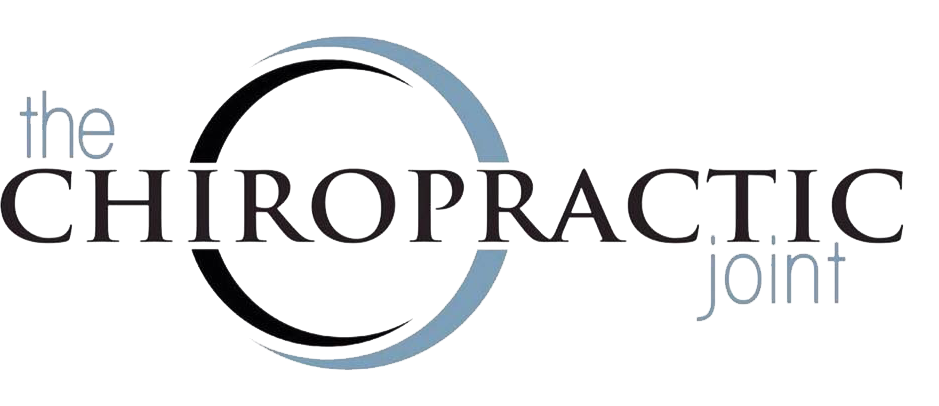The Mozart Effect
CONCLUSIONS: Two recent studies show “Mozart” to the belly during pregnancy shows little if any increase in the infant’s IQ. A study published in 1993 showed results that were misinterpreted. The study was done on college students and the increased IQ lasted only 10 minutes. The study was never done on infants or pregnant women.
Source: http://www.drweil.com/drw/u/QAA400070/Does-Music-Make-Children-Smarter.html
Doctors Note:
I was shocked when I read the first part of this article. For years I believed in the “Mozart effect” and had all my kids listen to classical music before they were born. Now, not to brag, but one reason why I truly believed in it is because of the results I see in my kids.
To be fair, there really are not any good studies that prove this theory wrong. It is difficult and time-consuming for a group to produce such studies. They would need to test the children year after year and also take into consideration how the parents are raising them, what schools they put them in, what foods they are feeding them, etc. So to put it into perspective, a fair study specifically targeting the “Mozart effect” on babies is not likely to be conducted.
Although there have been studies that show a little effect from exposing infants to Mozart, my experience and studies on the topic make me confident that the “Mozart effect” can have tremendous success. I will continue exposing my children to classical music as I do see the benefit and have confidence in other studies that show an increase in cognitive development, stress reduction and overall improvement in school performance with children and teens.


